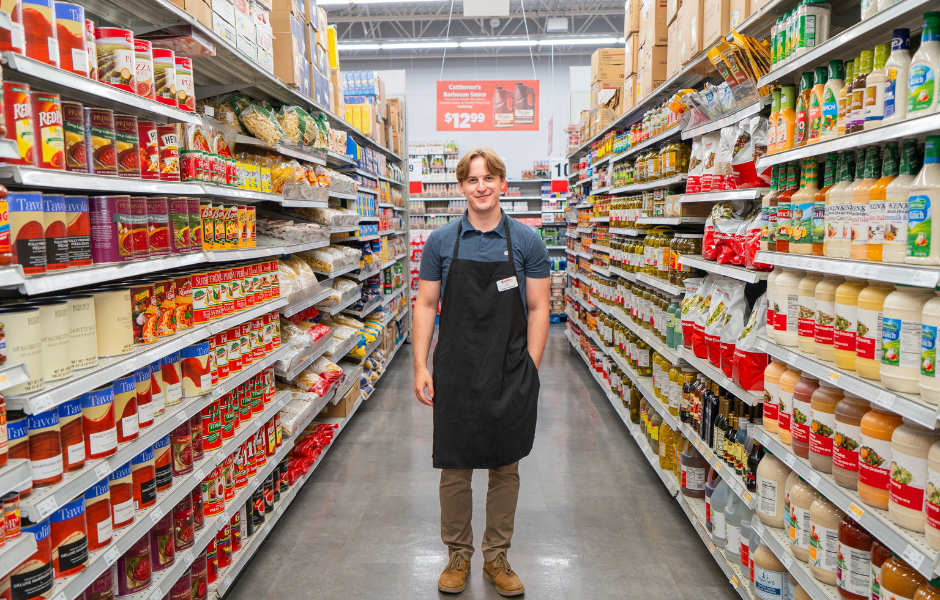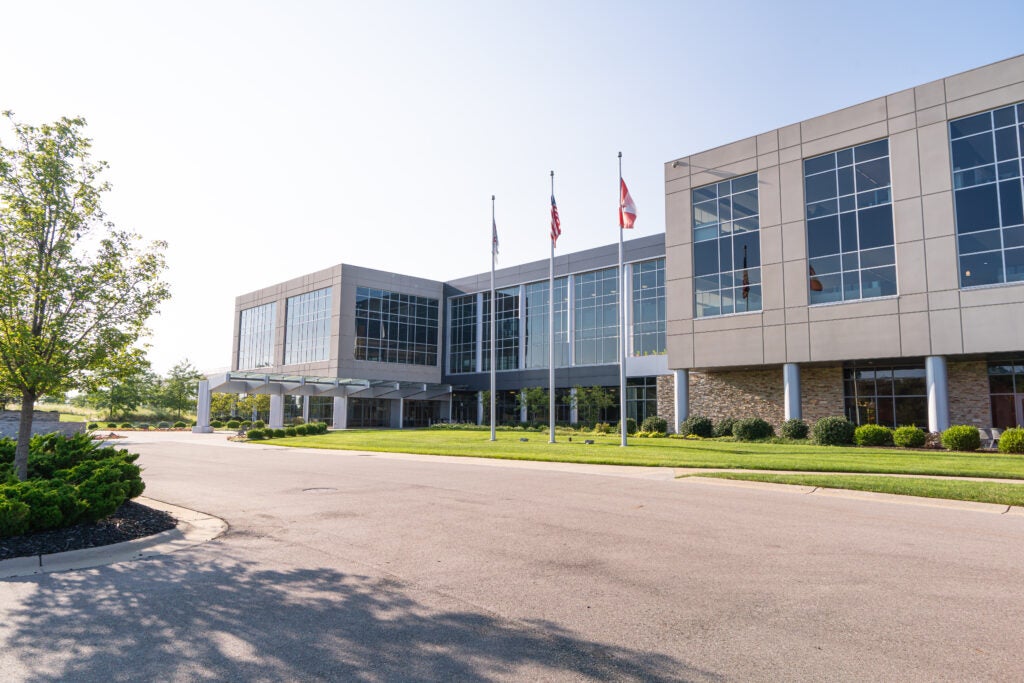While the fight against the pandemic is “far from over,” the restaurant industry has continued to elevate its ability to adapt despite being the hardest hit industry over the last year. Restaurants have always adhered to an exceptionally high standard of health and safety regulations and excelled when it came to creating safety solutions to protect their employees and diners. As national regulations continue to shift, restaurant operators are looking at a “mass re-hiring” – and that will mean training and re-training employees as well.
Clear Communication Remains Vital
Restaurant staffing needs will remain in flux for the foreseeable future, so operators and managers should take care to make sure their communication with staff is clear, concise, and transparent. As menus are updated, or new health and safety solutions are implemented/revised, make sure staff on and off-premise receive regular updates. In the last year, restaurant operators learned the importance of a strong digital presence to their businesses and can apply these same principles to their internal communications. Private social media groups, a Slack or WhatsApp thread, and weekly staff newsletters are all tools that operators can use to ensure their teams are thoroughly informed.
While team meetings are important, it is also incredibly valuable to provide staff with the chance to talk to their supervisors one-on-one. Reserved employees may want to bring up their concerns privately (if they discuss an important topic, operators can then share clarifications in a generic way through the employee communication channels).
Restaurant Employee Training Should Include the Whole Picture
Whether operators are welcoming new or returning staff, employee education will be key for delivering a safer dining experience for everyone. Employees in all positions should be provided with holistic training to ensure each individual understands how they fit into the big picture.
Important training topics should include:
- Restaurant Information: cuisine, average guest demographic, busy times, most popular menu item, rotating specials, executive chef/owner information
- Operational Standards: staff roles/responsibilities, using the restaurant POS, how servers and other staff interact, food handler safety, explaining what is the temperature danger zone, how the menu is chosen, best practices for teamwork between FOH and BOH
- COVID-19 Protocols: proper mask placement, hand-washing technique, strategies to deal with diners who disrespect the rules, what to do if employees are exposed, what the restaurant’s plan is for a reported positive case on-site
There is a careful balance to be struck between demonstration, shadowing, and practice for employees. It will be the manager’s responsibility to keep an eye on new staff’s progress – restaurant industry veterans may need substantially less demonstration or shadowing time than a newcomer.
Foster a Positive Environment
Kitchen culture has always been notorious in the media and in reality for brewing high-stress spaces. The stakes are obviously high due to food safety and diner satisfaction, but the changing industry landscape is providing operators with an opportunity to create better (and more efficient) working spaces for their entire team. Positive work environments create more engaged employees – so everyone is set up for success.
It would be a mistake for operators, managers, and chefs to act like it’s business as usual as we proceed into the future. The ripple effect of the pandemic has touched every aspect of each person’s life and there is no telling what a new or returning employee has experienced over the course of the last year. While the industry upheaval has been overwhelming for operators, the struggle has been felt by every single person. Approaching restaurant employee training with clear communication, strategic infrastructure, and empathy will create foundational strength among teams and allow the business, and industry, to be revitalized for the long haul.











